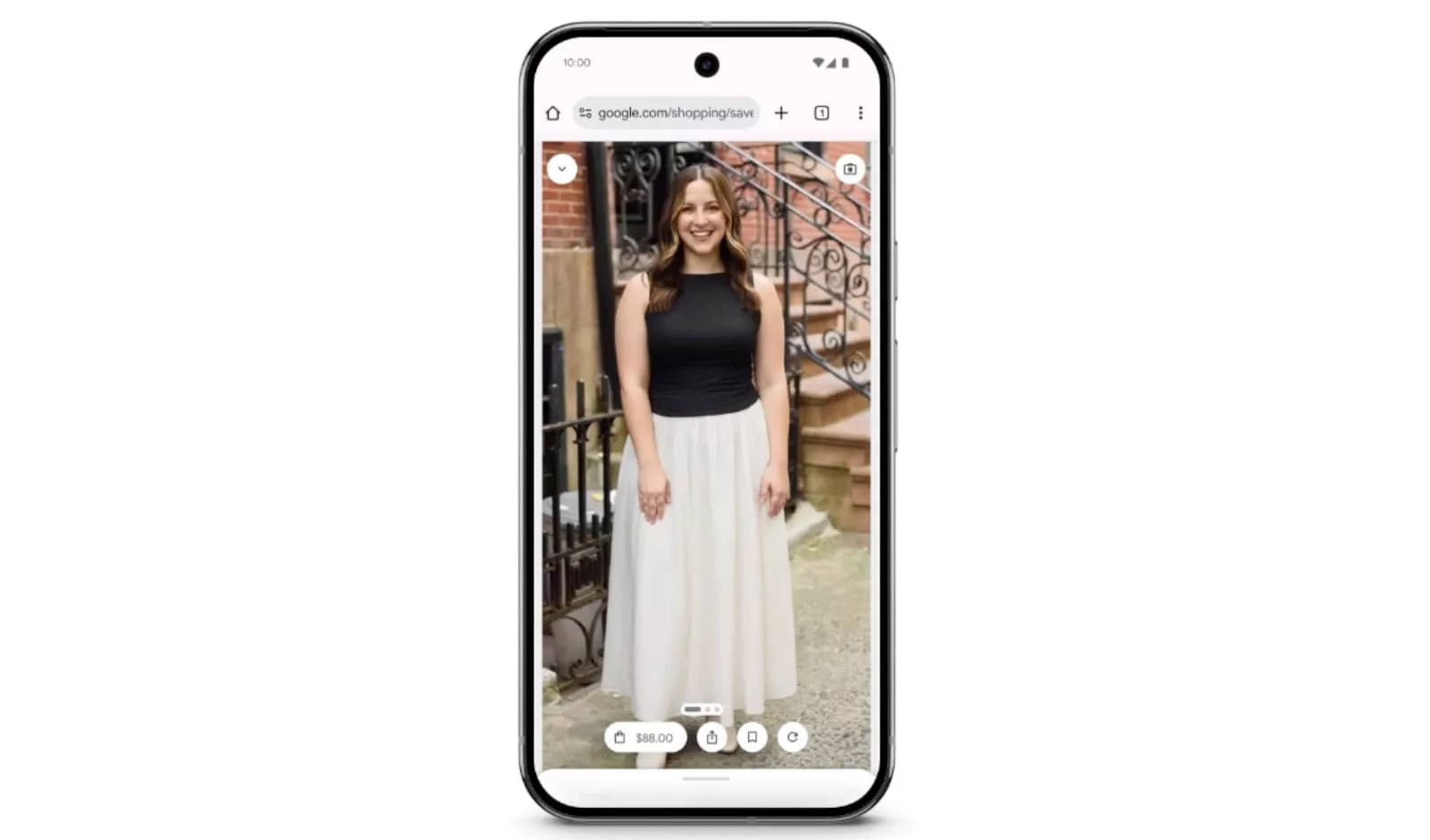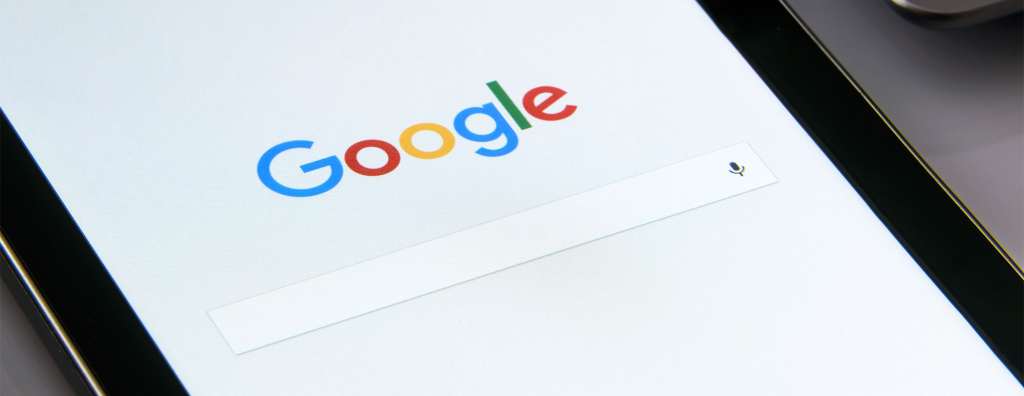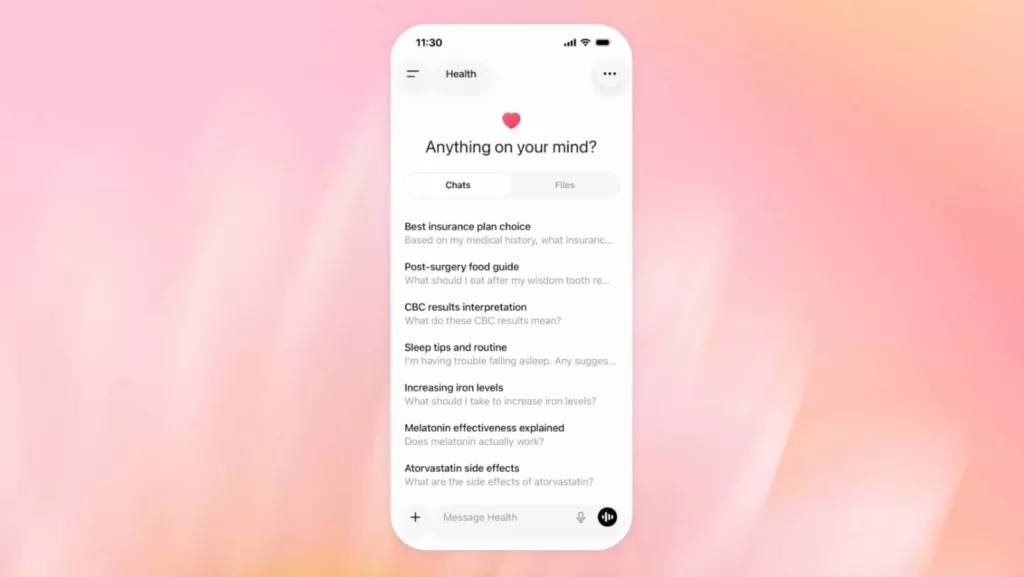AI may well be hurting the planet through excess power usage, but don’t let that stop progress, it seems. Google has this week used its I/O conference not as an indicator to where Android or the Nest speakers and smart displays will go next, but rather AI in its services.
Whether you’re using Google Search, Google’s Gemini AI assistant, Google Chrome, or making images and video and need a bit of artificial intelligence assistance, Google has a lot of AI for you to check out and use… whether you want to or not.
First up, search: there’s more AI, as the “AI mode” for search becomes more than just a part of the search bar with AI overviews, but an active part of how Google works.
It’ll be US first, so Australians will get regular search for a little longer, with the system looking more like an app rather than search.
AI mode will reportedly be able to look into multiple aspects of a search, so that instead of looking for one thing, it may help you break down a search into multiple parts. If you’re looking to do a bit of complex research, a paragraph of text will essentially act as a command for Google to do that for you.
Google also intends to turn search into a sort of agent for you, kicking in what’s known as “agentic” AI. Specifically, it will do things for you: ask it to find tickets to a event, and it will look out, searching all the options to find what’s requested rather than simply finding the resources to get you to those destinations.
In theory, the idea sounds like a faster way to get you to the end goal of your search. The reality may end up being different, and may also accidentally deprive content providers of visitors to their pages, given Google’s AI systems will also be including their content and showing it inside their system. Buying a sport or event ticket may not be a problem, but gathering up a bunch of reviews or news sources, that’s a different situation entirely.
Standard search won’t entirely go away, either. It’ll be there to search “all” of the internet, so to speak, but Google is clearly focused on the AI system, and not just for search.
Google also used its I/O conference to talk about an automatic coding system named Jules that will likely compete with the likes of Bolt, Claude, ChatGPT, Cursor, and others, while Google will also offer an AI mode to let you try on clothes using your photos.

Mix one part you and another part AI to find “Shop with AI mode” turns AI into a stylist of sorts, giving you a quick glance as to how you might look sporting a dress or suit, working with photos to deliver the result. Shop with AI won’t tell you how the garment feels, but it will get aspects of the look a bit of a preview, which could act as a starting point.
Google’s Gemini system also gets a little smarter, as its AI platform evolves with a “pro” model and a faster “flash” variant in Gemini 2.5, while the company also noted the Gemini app would get more powerful, and video and imagery are partially why.
AI video creation will come with a new tool the search giant has made called “Flow” which will use its library of learned information to help kickstart projects in video, or event extend what you have, something that relies on the Google Veo 3 platform. Meanwhile, Google’s image creating system “Imagen” gets an update to version 4, and gains control for camera shot styles, text, and more, making it competition for the likes of Midjourney and others.
In short, Google I/O this year is less about devices and more about AI. It probably should have been called AI-palooza with this much about artificial intelligence, because everything there is AI focused.
“The opportunity with AI is truly as big as it gets,” wrote Sundar Pichai, CEO of Google, on the I/O blog, adding that “it will be up to this wave of developers, technology builders and problem solvers to make sure its benefits reach as many people as possible.”
In terms of when Australians can expect to see these tools, the answer is likely this year, but probably not quite as quick as our American counterparts, who will see it first. Specifically, it could end up being the people ready to part ways with money, as Google rolls out an “AI Ultra” plan for a staggering $250 USD per month, something Australia doesn’t have pricing for yet.
We’ll let you know when that happens, but for now, please enjoy the slightly reduced AI version of Google we have locally. For now, anyway.





